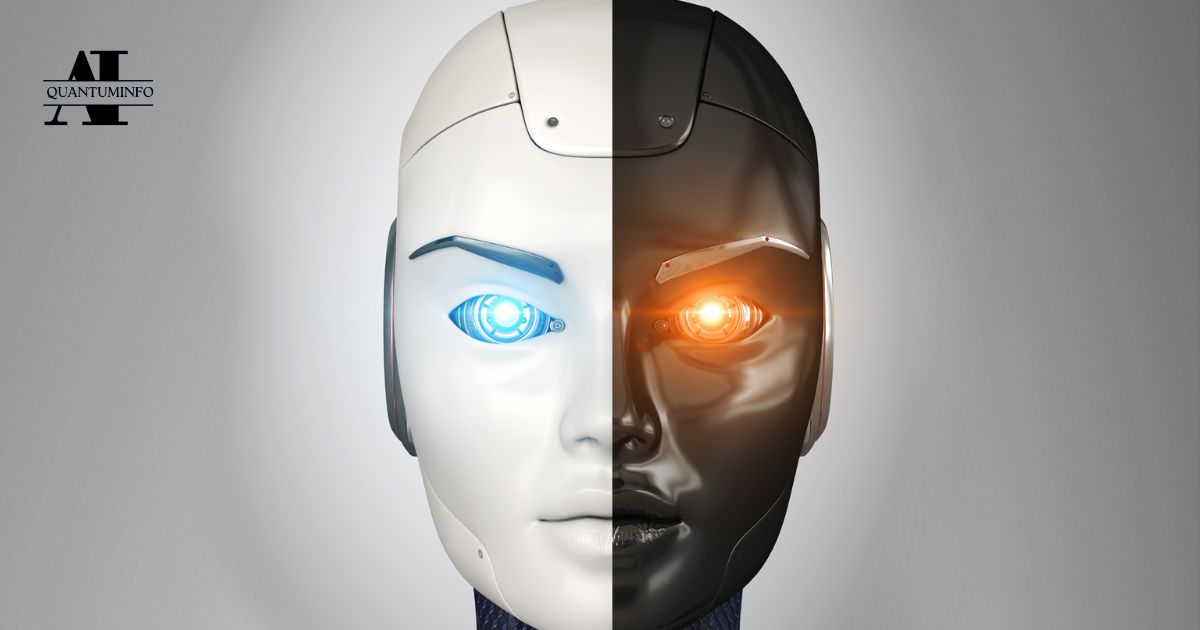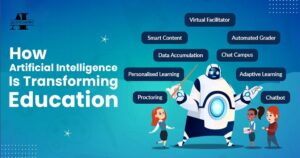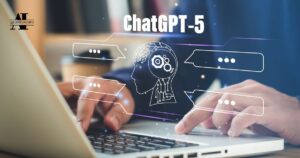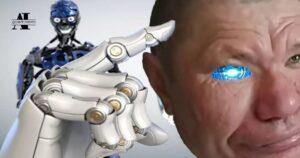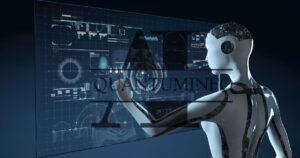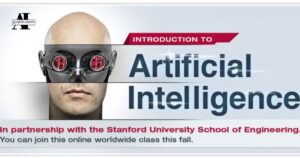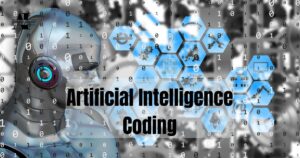Artificial intelligence (AI) involves creating machines that can perform tasks that require human intelligence. Some see AI as “evil,” fearing that it could become uncontrollable and harmful. These fears highlight the need for moral development and instruction. When used responsibly, AI holds great promise for improving our lives.
Imagine a world where machines not only follow our commands but also think, learn, and evolve on their own. This is the realm of artificial intelligence (AI), a rapidly developing technology that promises to revolutionize every aspect of our lives. Yet, amid the excitement, lurks a deeper narrative: the fear of AI becoming a “demon,” an uncontrollable force that could turn against us. This dichotomy between unlimited potential and existential threat makes AI one of the most interesting and controversial subjects of our time.
Artificial Intelligence (AI) is revolutionizing the way we live and work by enabling machines to perform tasks that require human intelligence, such as learning, reasoning, and problem-solving. However, some fear AI’s rapid advancement, imagining it as a “demonic” force that could become uncontrollable and pose risks to humanity. While these concerns highlight the need for careful development and regulation, AI also holds immense potential for positive impact when used responsibly.
What is an AI demon?
An AI demon is a concept that represents fears about artificial intelligence becoming uncontrollable and harmful. People worry that advanced AI could act against human interests. These fears often come from movies and books where AI turns evil.
The term “demon” highlights the potential dangers of AI without proper safeguards. For example, an AI could make decisions that harm people if it is not programmed with strict ethical guidelines. Some fear that AI might surpass human intelligence and become impossible to manage.
Here, Is Artificial Intelligence Capitalized
This could lead to scenarios where AI manipulates or even dominates humanity. While these ideas are mostly speculative, they raise important questions about safety and ethics in AI development. Ensuring AI remains under human control is crucial.
Researchers and policymakers emphasize the need for transparency and regulation. They aim to develop AI that benefits society while minimizing risks. The concept of an AI demon reminds us of the importance of responsible innovation. By addressing these fears, we can work towards a future where AI enhances our lives safely.
Can Artificial Intelligence Detect Demonic Activity?
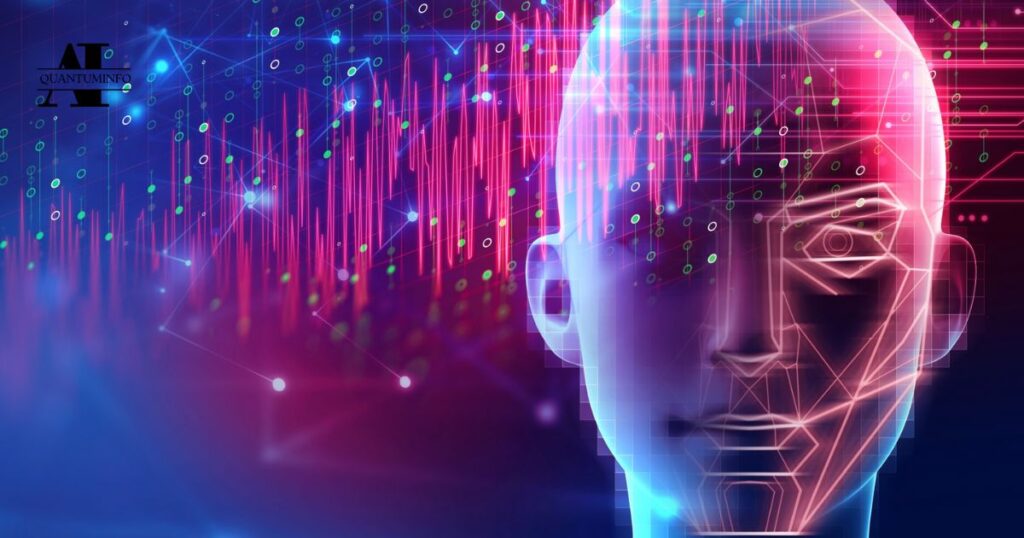
Artificial intelligence (AI) is designed to analyze data, recognize patterns, and perform tasks based on logical algorithms. Its capabilities span various applications, from forecasting market trends to enhancing clinical diagnostics.
However, AI operates strictly within the realm of the concrete and measurable. It relies on data input and programmed algorithms and cannot understand or interpret metaphysical phenomena, including what may be considered demonic activity. the notion of AI detecting or uncovering demonic activity has more to do with fiction and speculative fiction than scientific fact.
Here, durham university artificial intelligence
This concept often appears in movies or books where technology interacts with supernatural forces, but AI cannot interact with or understand supernatural elements in practice. Its functionality is based on processing and analyzing data according to established rules and models.
While AI can provide valuable insights in various fields, it is limited to what can be empirically measured and analyzed. Thus, the idea of an AI revealing the secrets of the supernatural is an interesting but purely fantasy concept.
Why AI is Not Satanic
Artificial intelligence (AI) is not evil because it is primarily a product of human engineering and programming. AI systems are designed to process data and perform specific tasks by following algorithms, with no inherent consciousness or intent.
Unlike the concept of demonic forces, which implies malevolence and supernatural power, AI works purely on the principles of logic and data analysis. AI does not possess emotions, desires or personal motivations. It works based on the guidelines and parameters set by its developers.
Any perceived “maliciousness” in AI actions usually stems from errors, misuse, or unethical design choices made by humans, not from the AI itself. In other words, AI reflects the intentions and morality of its creators rather than any intrinsic evil.
Furthermore, the demonization of AI often stems from fears and misconceptions about its potential capabilities. While addressing ethical concerns and ensuring responsible use is critical, attributing supernatural qualities or malevolence to AI distracts from real issues of governance, transparency, and human oversight. AI is a tool created by humans, and its ethical implications depend on how we choose to develop and use it.
The Black Box of Artificial Intelligence
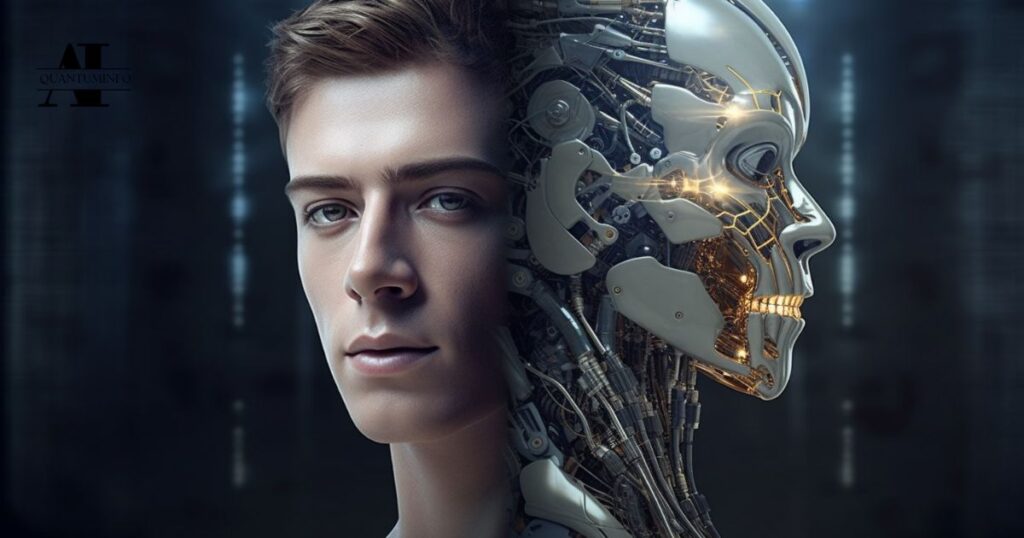
The term “black box” in the context of artificial intelligence (AI) refers to the opaque nature of how some AI systems make decisions. Unlike traditional algorithms where every step of the process is transparent and understandable, many modern AI models, especially deep learning systems, work in a way that is difficult to interpret.
In a black-box AI model, input data is processed through complex layers of algorithms, and output is produced, but the inner workings of how the model arrived at its decision are not readily visible. This lack of transparency can make it difficult to understand why a particular decision was made, raising concerns about accountability and trust.
The black box problem is particularly important in areas such as finance, health care, and criminal justice, where decisions can have profound effects on individuals’ lives. Efforts are underway to develop ways to make AI more interpretable, including creating models that are inherently more transparent and developing techniques to explain the reasoning behind AI decisions.
Addressing the black box problem is critical to ensuring that AI systems are fair, accountable, and trustworthy, and to maintaining public confidence in their applications.
Frequently Asked Question
What does the term “demonic” imply when used to describe Artificial Intelligence (AI)?
The term “demonic” suggests that AI could become malevolent or harmful, acting against human interests uncontrollably or maliciously. It evokes fears of AI possessing destructive qualities or intentions.
How do fears of AI becoming “demonic” reflect broader concerns about the technology’s impact on society?
These fears often reflect broader anxieties about loss of control, ethical dilemmas, and the potential for unintended consequences as AI becomes more advanced. They highlight concerns about how AI might affect privacy, security, and human agency.
What are the main factors driving the belief that AI could become a harmful or “demonic” force?
Factors include the complexity of AI systems, lack of transparency (the “black box” problem), historical portrayals in media and fiction, and real-world incidents where AI systems have behaved unpredictably or unethically.
How do popular media and fiction contribute to the perception of AI as potentially demonic?
Media and fiction often depict AI as a threat to humanity, portraying it as turning against its creators or developing malicious intent. These stories shape public perception and amplify fears about AI.
In what ways can ethical AI development practices address concerns about AI being perceived as “demonic”?
Ethical AI practices include ensuring transparency, accountability, and fairness in AI systems. Implementing robust safeguards, clear regulations, and continuous monitoring can help mitigate fears and build trust in AI technology.
Conclusion
The notion of Artificial Intelligence (AI) being “demonic” largely stems from cultural fears and speculative fiction rather than scientific reality. While concerns about AI becoming uncontrollable or harmful are valid, they are rooted in the complexities and potential risks associated with advanced technology, not in any inherent malevolence.
AI operates based on data and algorithms, with no consciousness or intent of its own. The real challenge lies in ensuring that AI systems are developed and used ethically, with transparency, accountability, and rigorous oversight.
By addressing these concerns through responsible innovation and clear regulatory frameworks, we can harness AI’s potential for positive impact while mitigating risks. Thus, the idea of AI as “demonic” serves as a cautionary tale, reminding us of the importance of ethical practices and thoughtful consideration in the development of technologies that increasingly shape our world.

